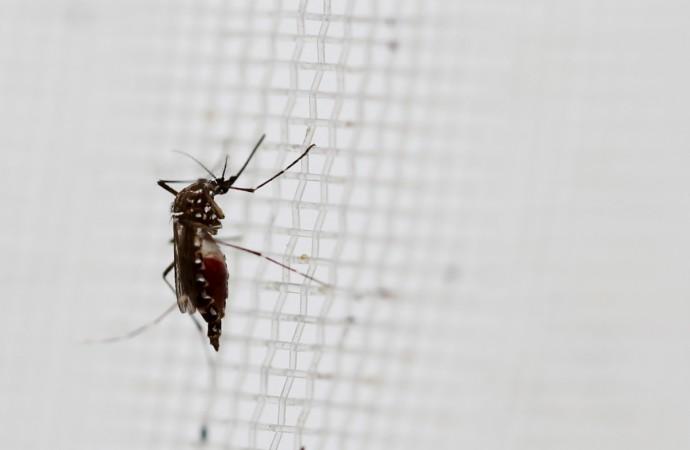
Scientists now believe that Zika virus can be more dangerous than predicted, causing a series of nerve cell disorders, besides the birth defect microcephaly and the muscle paralysing Guillain-Barre syndrome. They suspect the link of Zika virus to serious brain and spinal cord disorders, including encephalitis, meningitis and myelitis, Reuters reported.
These disorders, according to the researchers, can cause permanent disability and paralysis, which increases the urgency for the development of the Zika vaccine. They further said as Zika virus is spreading its reach from African and American countries to other parts of the world, it is revealing other potential health disorders that went unnoticed in earlier Zika outbreaks.
"What we're seeing are the consequences of this virus turning from the African strain to a pandemic strain," Peter Hotez, dean of the National School of Tropical Medicine at Baylor College of Medicine, was quoted as saying by Reuters.
The scientists said autopsies done on the aborted and stillborn foetuses exposed to Zika virus showed the virus replicating in brain tissues. They reported finding other disorders as placental insufficiency, foetal growth retardation and injury to the central nervous system, in addition to microcephaly.
"If you have a virus that is toxic enough to produce microcephaly in someone, you could be sure that it will produce a whole series of conditions that we haven't even begun to understand," Alberto de la Vega, an obstetrician at San Juan's University Hospital in Puerto Rico, said.
According to the World Health Organisation(WHO) researcher Mary Kay Kindhauser, Zika appears to have changed in character, making a transition from a mild infection to one causing large outbreaks linked with neurological disorders. Margaret Chan, the Director General of the WHO, warned of a severe public health crisis caused by Zika spread, leading to serious disorders.
According to the Guardian, the Zika virus, transmitted by the Aedes Aegypti mosquito, was first found in Brazil where it is suspected to have caused 6,480 microcephaly cases, a majority of them in the north-east.
The Zika virus has also been reported in China, Bangladesh and as temperatures soar, the virus is likely to spread more. The WHO has said countries where dengue and chikungunya viral diseases were reported are more prone to Zika outbreak.

















